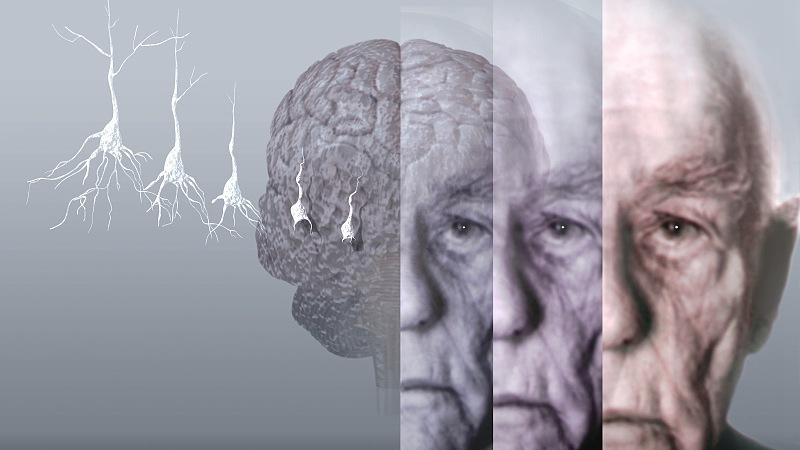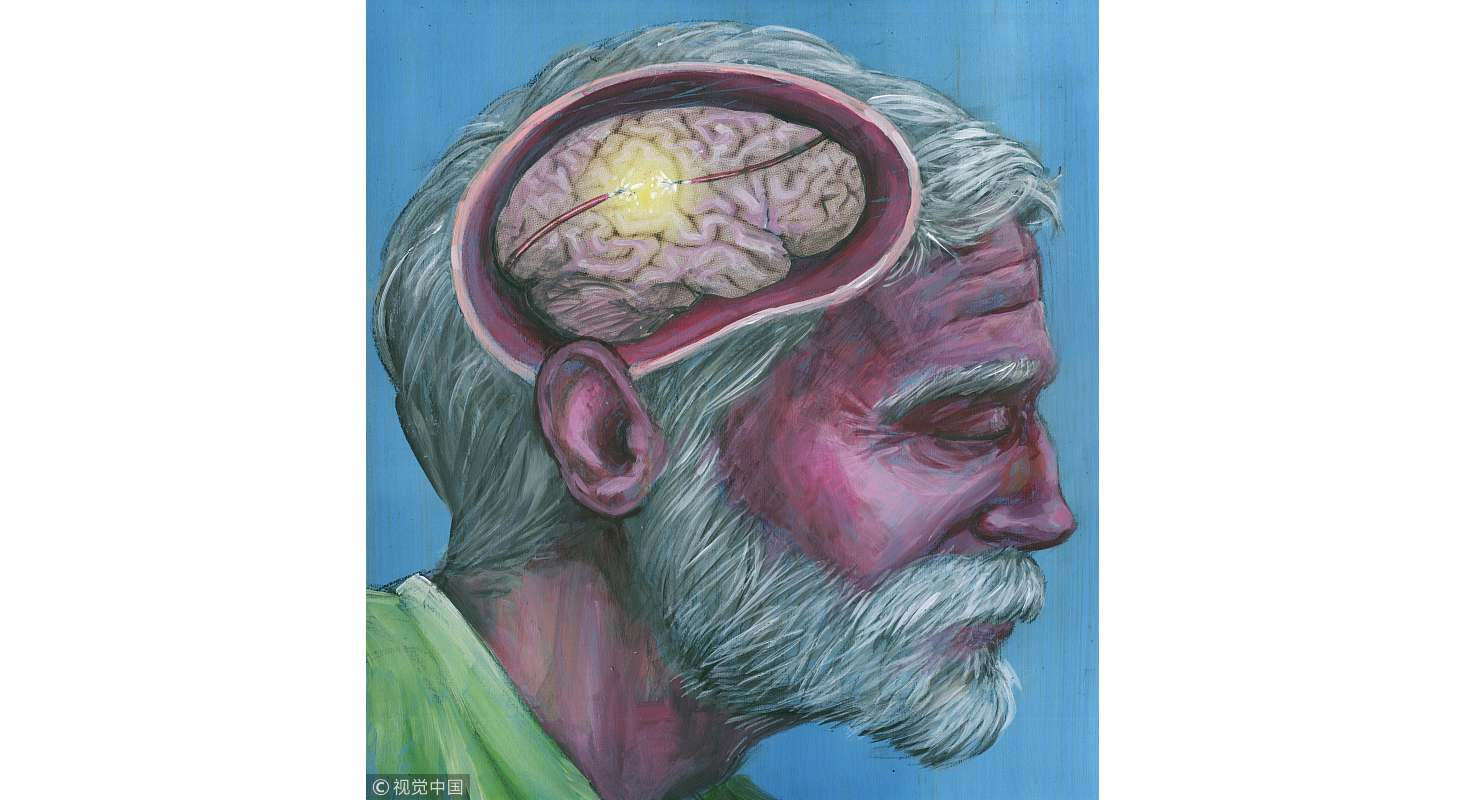
Health
14:53, 19-Jul-2018
China’s homemade Alzheimer's drug completes phase 3 clinical trial
Updated
14:46, 22-Jul-2018
CGTN

China’s domestically-made new drug to treat Alzheimer's disease completed its phase 3 clinical trial on Tuesday, a breakthrough that marks the most critical step in the drug development and the last test before entering the market.
The new drug, named “GV-971”, was co-developed by Ocean University of China, Shanghai Institute of Materia Medica under Chinese Academy of Sciences and Green Valley Pharmaceutical Co., Ltd, after 21 years’ efforts.
It was extracted from brown algae and targeted at patients with mild-to-moderate Alzheimer's. The phase 3 clinical trial was to testify the effectiveness and security of the new drug to such patients.

Alzheimer's disease is an irreversible, progressive brain disorder that slowly destroys memory, thinking skills, and the ability to carry out simple tasks. /VCG Photo
Alzheimer's disease is an irreversible, progressive brain disorder that slowly destroys memory, thinking skills, and the ability to carry out simple tasks. /VCG Photo
After the 36-week trial, during which patients took 450 mg of this drug orally twice a day, the drug was proved to meet the expectation in improving patients’ cognitive function. Some became literate and were able to write from illiteracy, showing an obvious effect, according to the doctor in charge of the clinical trial.
In the latest research, GV-971 also showed its effectiveness in restraining Alzheimer's progression by regulating the immune system and reducing neuro-inflammation.
Alzheimer's disease is an irreversible, progressive brain disorder that slowly destroys memory, thinking skills, and the ability to carry out simple tasks. Roughly 48 million people globally have been affected by it so far.
The successful trial paves the way for the research of new drugs to treat Alzheimer's, playing a significant role in enhancing China’s international status in the field of drug research innovation.
(With input from Xinhua News Agency)
(Top image: VCG Photo)

SITEMAP
Copyright © 2018 CGTN. Beijing ICP prepared NO.16065310-3
Copyright © 2018 CGTN. Beijing ICP prepared NO.16065310-3